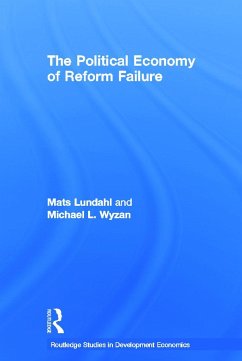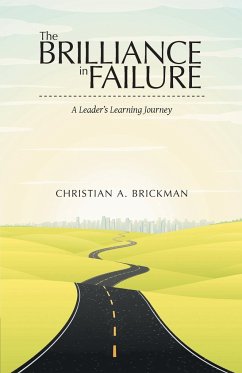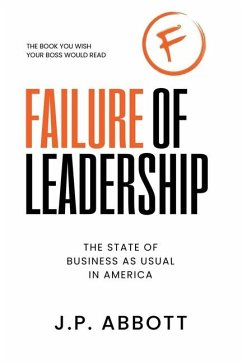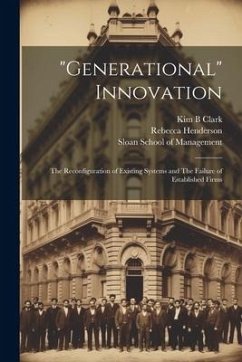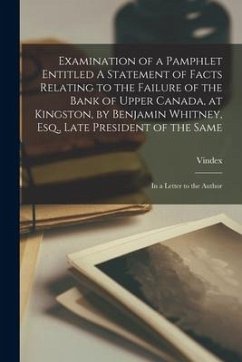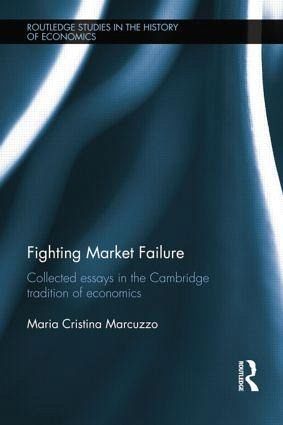
Fighting Market Failure
Collected Essays in the Cambridge Tradition of Economics
Versandkostenfrei!
Versandfertig in 1-2 Wochen
67,99 €
inkl. MwSt.
Weitere Ausgaben:

PAYBACK Punkte
34 °P sammeln!
This collection brings together fifteen of Marcuzzo's essays published between 1994 and 2008 which all look into the contribution of a remarkable group of economists known as the "Cambridge School" or the "Cambridge Keynesians".





